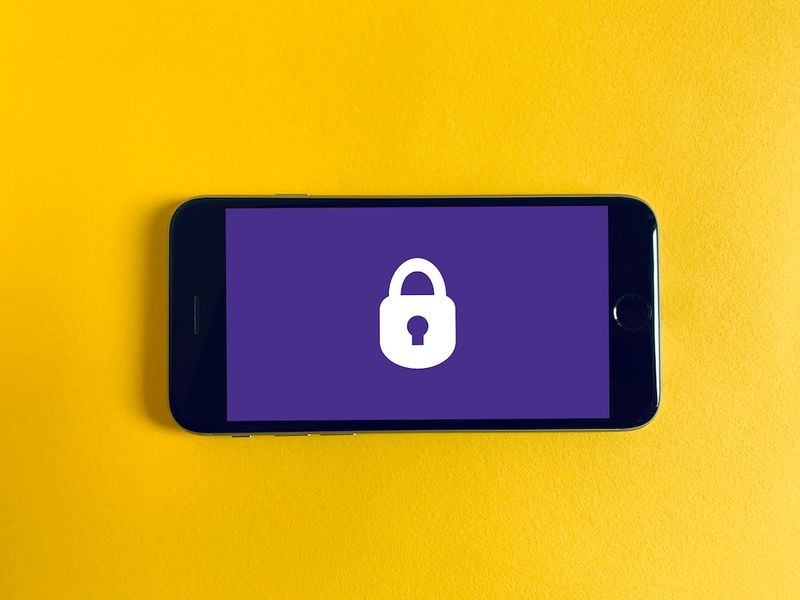Ransomware Free Decryptor Available for ‘Key Group’ Ransomware
Introduction:
In a major development for cybersecurity, cyber intelligence firm EclecticIQ has released a free decryption tool to assist victims of the Key Group ransomware. The Key Group, also known as keygroup777, is a Russian-speaking cybercrime actor notorious for selling personally identifiable information and access to compromised devices. Victims of the Key Group ransomware have faced the threat of their data being encrypted and held ransom until a payment is made. However, EclecticIQ’s researchers have discovered cryptographic errors in the ransomware‘s encryption technique that allowed them to develop a decryptor. This release is a significant step in the fight against ransomware and offers hope to those affected by the Key Group’s malicious activities.
The Key Group Ransomware:
The Key Group ransomware, introduced on January 6, has been a persistent threat in the cybersecurity landscape. The group utilizes AES encryption and a base64-encoded static key to encrypt victims’ files. However, EclecticIQ’s researchers found that the ransomware employed cryptographic errors that compromised the encryption routine. Specifically, the use of a static salt for every encryption process weakened the encryption‘s randomness, making it vulnerable to decryption. The attackers falsely claimed in the ransom note that the files were encrypted using a military-grade algorithm, adding to the sense of urgency for victims to pay the ransom.
EclecticIQ’s Free Decryption Tool:
EclecticIQ’s free decryption tool is a Python script that can be used to decrypt files with the .keygroup777tg extension. However, it is important to note that the tool is experimental and may not work on all Key Group ransomware samples. Furthermore, the tool only works on samples compiled after August 3. While this limitation may exclude some victims, the release of the decryptor still represents a significant achievement in combatting ransomware.
Implications and Lessons Learned:
This development highlights the constant arms race between cybercriminals and cybersecurity experts. The Key Group’s use of cryptographic errors in their ransomware encryption technique demonstrates their attempt to enhance the randomness of the encrypted data. However, such flaws open opportunities for researchers to develop decryption tools and help victims recover their data without succumbing to ransom demands.
One philosophical question this raises is whether victims should have to pay a ransom to regain access to their own data. Ransomware attacks exploit vulnerabilities and privacy concerns to extort money from victims, causing financial and emotional distress. While the release of decryption tools is a positive step, it underscores the need for stronger defenses against ransomware attacks in the first place.
Editorial – Strengthening Cybersecurity Defenses:
Ransomware attacks, such as those perpetrated by the Key Group, continue to pose significant threats to individuals and organizations. This incident serves as a reminder of the urgency and necessity to strengthen cybersecurity defenses. It is crucial for individuals, companies, and governments to collaborate and invest in robust security measures to prevent such attacks from occurring.
First and foremost, regular software patching and updates are essential to close security vulnerabilities that ransomware actors exploit. Organizations must also implement multi-layered security measures, including strong firewalls, intrusion detection systems, and up-to-date antivirus software. Additionally, user training and education regarding social engineering tactics are vital in preventing successful ransomware attacks.
The fight against ransomware requires a collective effort. Government agencies, cybersecurity firms, and law enforcement must collaborate closely to identify and apprehend ransomware actors and disrupt their operations. The development and sharing of decryption tools, as demonstrated by EclecticIQ, should be encouraged as a means of empowering victims and undermining the profit-driven model of ransomware.
Conclusion and Advice:
The release of a free decryption tool for the Key Group ransomware is a significant step forward in the fight against ransomware attacks. Victims now have a chance to recover their data without paying a ransom. However, this should not overshadow the ongoing need for vigilance and proactive cybersecurity measures.
To protect against ransomware attacks, individuals and organizations should prioritize regular backups of critical data to offline or encrypted cloud storage. Backups are essential in case of a ransomware incident, as they provide a means to restore data without paying a ransom. It is also crucial to verify the authenticity of software updates and only install them from trusted sources.
Additionally, individuals and organizations should invest in reputable antivirus software and regularly update their systems and applications. Cybersecurity awareness training should be provided to staff, with a focus on recognizing phishing emails and suspicious attachments.
In conclusion, the release of a free decryptor for the Key Group ransomware offers hope and assistance to victims. However, it is vital that the fight against ransomware continues with increased cybersecurity measures, collaboration, and ongoing education to prevent and combat future attacks.

<< photo by Pixabay >>
The image is for illustrative purposes only and does not depict the actual situation.
You might want to read !
- Industry Insights: Evaluating the Ripple Effects of Qakbot Botnet Disruption
- The Shifting Landscape of Cyber Threats: Unveiling the Modified Open Source ‘SapphireStealer’ Information Stealer
- A Deceptive Threat: Unraveling the New SuperBear Trojan Targeting South Korean Activists
- Privacy Breached: Unveiling Cyber Attacks on Linux, Android, and Skype
- Sourcegraph’s Data Breach: Unveiling the Aftermath of an Access Token Leak
- How the Pandemic Fueled the Lucrative Business of Classiscam Scam-as-a-Service
- Apple’s iPhone 14 Pro: Opening Pandora’s Box of Hacking Opportunities
- Title: Unleashing the Power: Apple iPhone 14 Pro Opens Doors to Hacking Community
- The Dangers of Twitter’s Collection of Users’ Biometric Data
- Elon Musk’s Vision for X: Voice and Video Calls Plus Updated Privacy Policy
- The Future of Automotive Security: Unveiling Vulnerabilities at the Pwn2Own Hackathon
- UN Warns of Rising Online Scams in Southeast Asia, Threatening Hundreds of Thousands
- How Cybercriminals Exploit Abandoned Websites as Phishing Bait
- Unraveling the Weave: Safeguarding Your Identity Against Threats
- The Hidden Dangers of Usernames and Passwords: Uncovering the Vulnerabilities
- California’s Privacy Battle: Protecting Personal Data vs Business Interests




